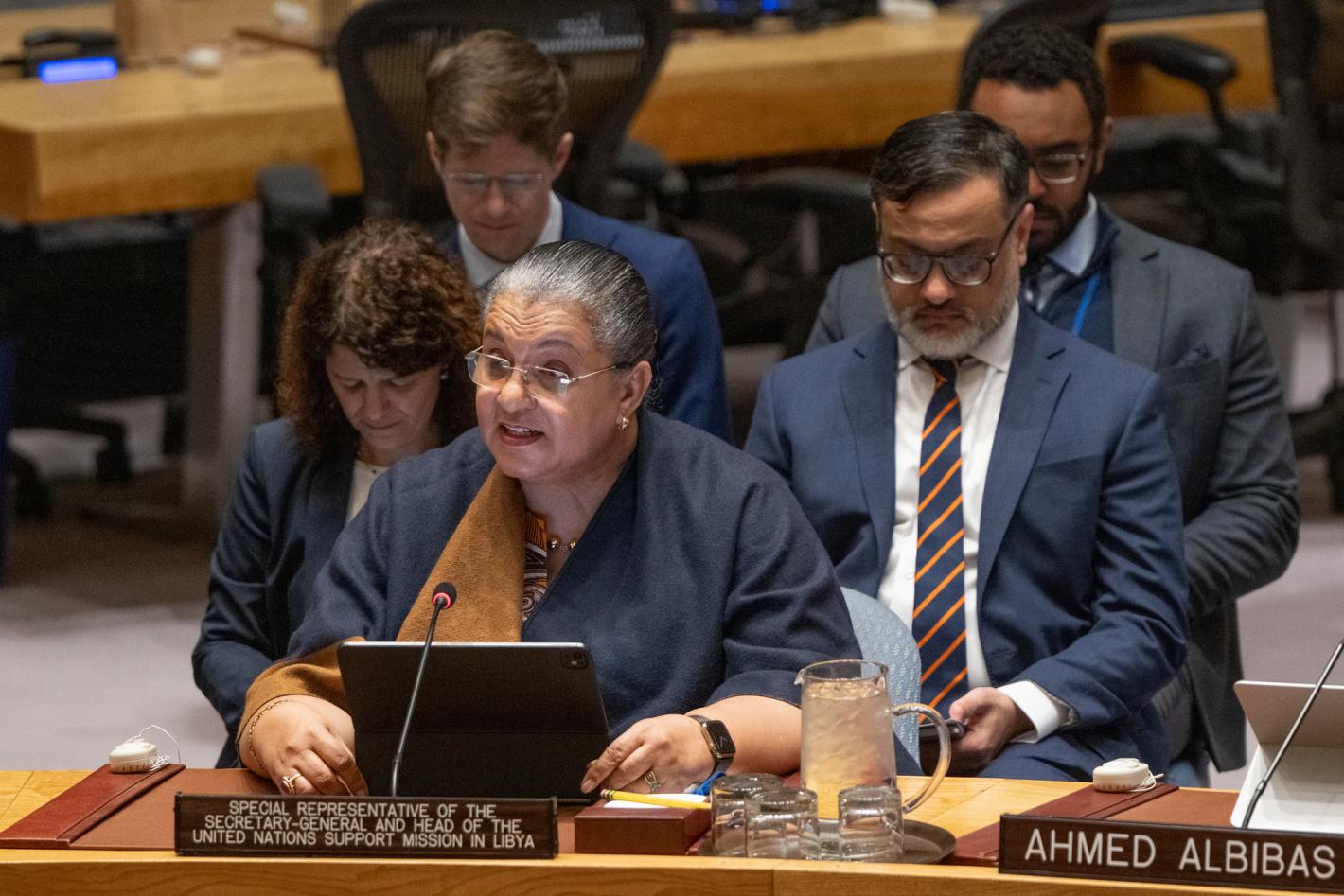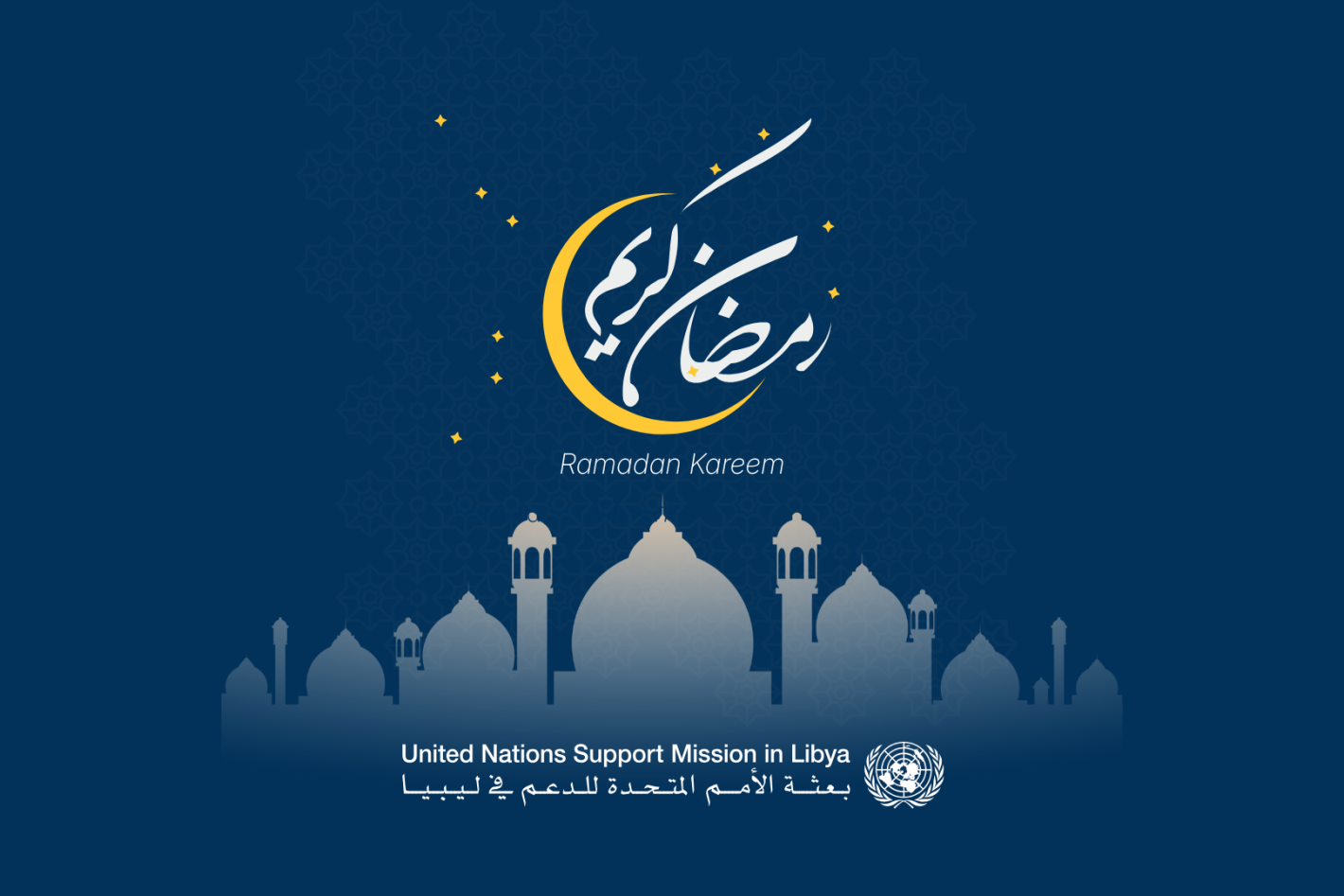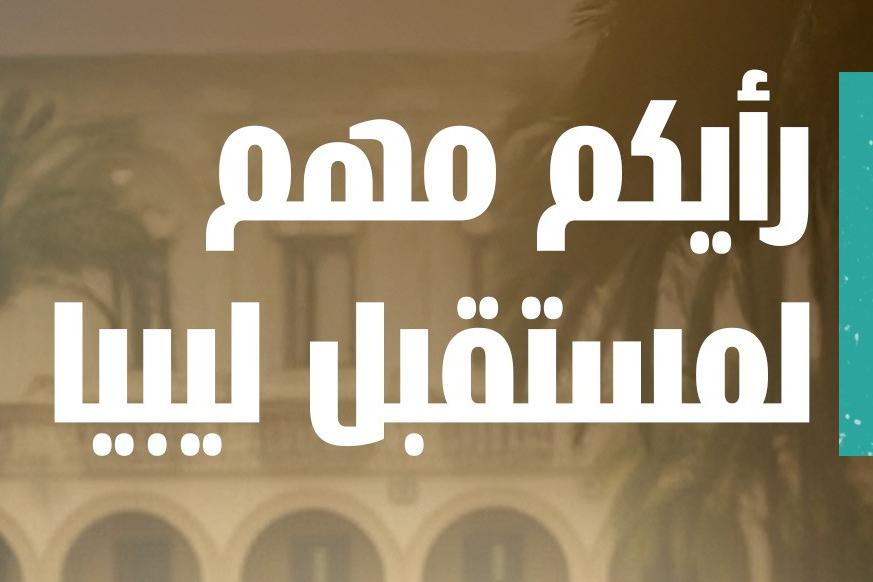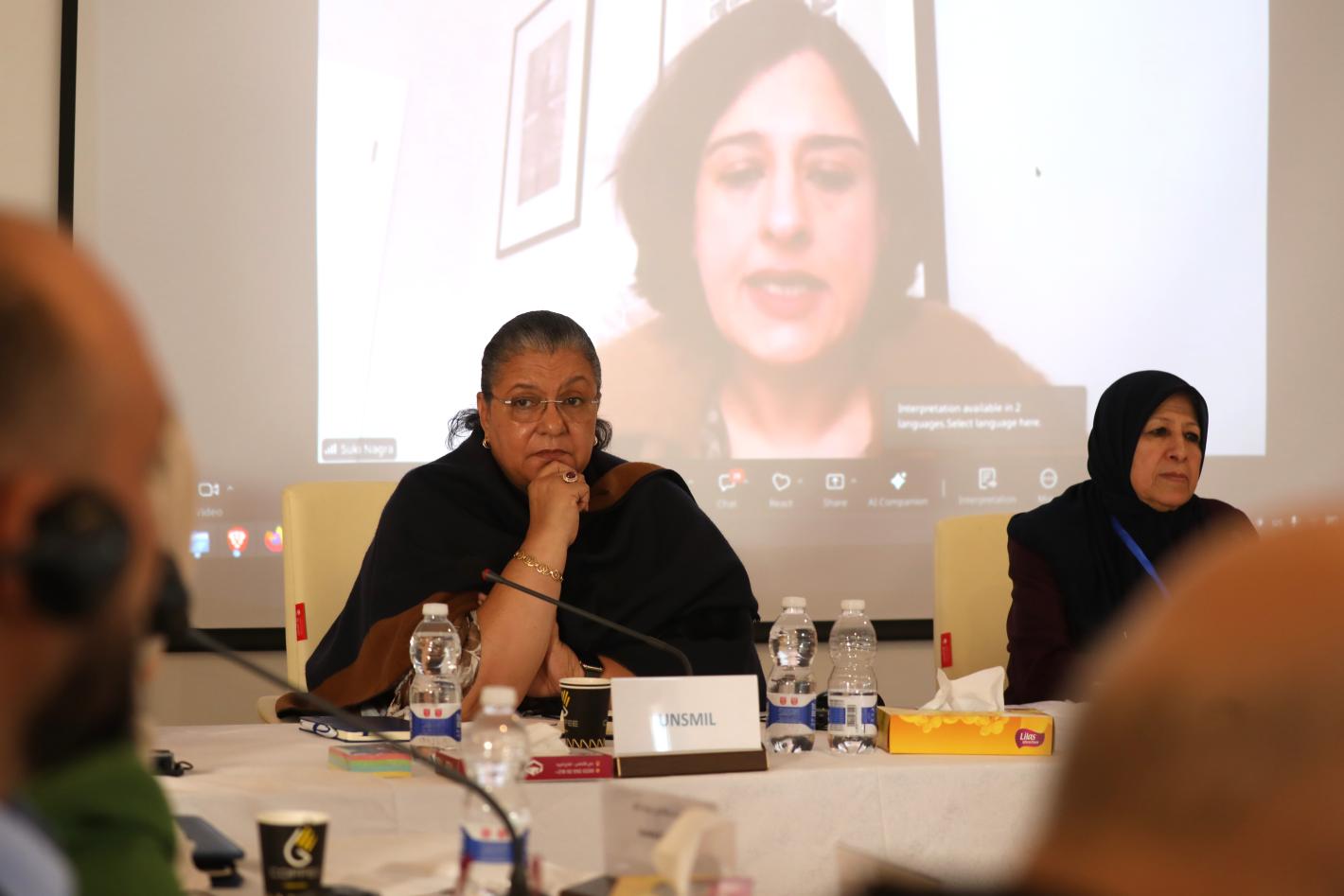بنغازي - بعد مرور أسبوعين على الفيضانات المدمرة في شمال شرق ليبيا والتي أودت بحياة آلاف الأشخاص ودمرت أحياء بأكملها، تواصل الأمم المتحدة وشركاؤها على الأرض تقديم المساعدات الإنسانية الحيوية ودعم للمتضررين في درنة وبنغازي والبيضاء وشحات وسوسة.
وأكدت السيدة جورجيت غانيون، منسقة الأمم المتحدة المقيمة ومنسقة الشؤون الإنسانية في ليبيا، في ختام زيارتها الثانية الى درنة منذ الفيضانات، أنه “في الوقت الذي تحصي الأسر خسائرها وتفكر في مستقبلها، كثفت المنظمات الإنسانية جهودها لتوفير الاحتياجات الأساسية".
ووفقا لمنظمة الصحة العالمية، تم تأكيد 4255 حالة وفاة بسبب الفيضانات في حين لا يزال 8540 شخصا في عداد المفقودين. ولا تزال الاحتياجات الإنسانية كبيرة، إذ وجدت وكالات الأمم المتحدة أن نصف المرافق الصحية التي تم تقييمها في درنة وأجزاء من الجبل الأخضر، والبالغ عددها 78 مرفقا، باتت خارج الخدمة جزئيًا أو بشكل كامل. كما دمرت مياه الفيضانات المتدفقة شبكات المياه وأنابيب الصرف الصحي. وباتت العديد من الأسر النازحة بسبب الفيضانات تقيم مع أسر مضيفة، بينما يحتمي آخرون في المدارس في انتظار ما ستسفر عنه جهود السلطات المحلية لإيجاد حلول لاحتياجاتهم السكنية. وتُعتبر معالجة وضع النازحين المقيمين في المدارس أولويةً ملحة مع البداية الوشيكة للعام الدراسي في شرق ليبيا.
وتواصل وكالات الأمم المتحدة وشركاؤها، وكلهم تواجدوا على الأرض في المناطق المتضررة في غضون ساعات من الفيضانات، توفيرَ مياه الشرب واللوازم الطبية ومستلزمات النظافة واللوازم المدرسية والبطانيات والمواد الغذائية وخدمات الإسعافات الأولية النفسية والاجتماعية للناس، فضلا عن تقديم الدعم لإنشاء ستة مستشفيات ميدانية.
وسلطت السيدة غانيون الضوء على التقدم المحرز في الجهود الجارية لإزالة الأنقاض وإعادة تأهيل الطرق وتقديم المساعدات الإنسانية للمتضررين. وقامت، بالاشتراك مع منظمة الصحة العالمية واليونيسف، بمراجعة إمكانيات الوصول إلى الخدمات الصحية الأساسية ومسارات الإحالة الطبية في البيضاء وشحات، كما التقت بالأسر النازحة في درنة.
وشكرت السيدة غانيون عمال البحث والإنقاذ الليبيين والدوليين على جهودهم الدؤوبة للعثور على ناجين في ظروف بالغة الصعوبة، وأثنت على عملية البحث والإنقاذ. حيث دعم حوالي 800 امرأة ورجل من 12 دولة الجهود الليبية في البر والبحر، على مدى الأيام الأربعة عشر الماضية. وبينما تم تسريح العديد من الفرق الدولية، لا يزال عدد منها في ليبيا لدعم جهود الإنعاش التي يقودها الليبيون.
وخلال الاجتماعات التي عقدتها مع السلطات المحلية، ناقشت السيدة غانيون أهمية توفير إمكانيات الوصول الكامل للعاملين في المجال الإنساني، والحاجة إلى تنسيق قوي بين الشركاء الوطنيين والدوليين. وشددت على الحاجة إلى تسريع جهود الإنعاش المبكر من أجل تعزيز عملية إعادة الإعمار على المدى الطويل.
ووصفت السيدة غانيون ما عاناه الناس في درنة والمناطق المحيطة بأنه ”مأساوي ويفوق الوصف“ قبل أن تضيف: ”أخبرتني جميع العائلات النازحة التي التقيت بها أن لديهم أمنية واحدة: أن تعود حياتهم إلى طبيعتها. وتمنحني موجة التضامن والدعم والوحدة التي أظهرها الليبيون من جميع أنحاء البلاد الأمل في أن يحدث ذلك قريبًا.“






